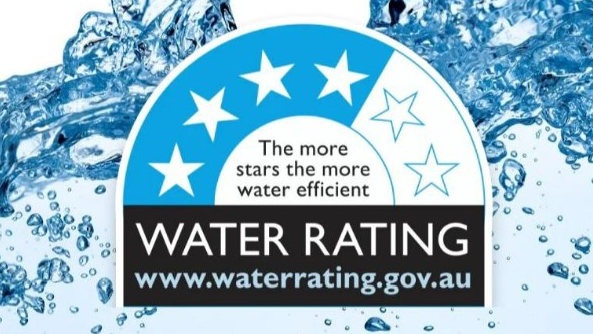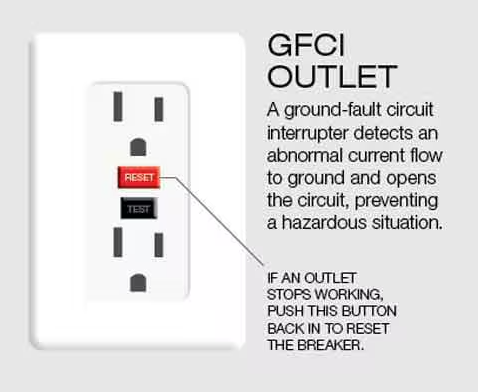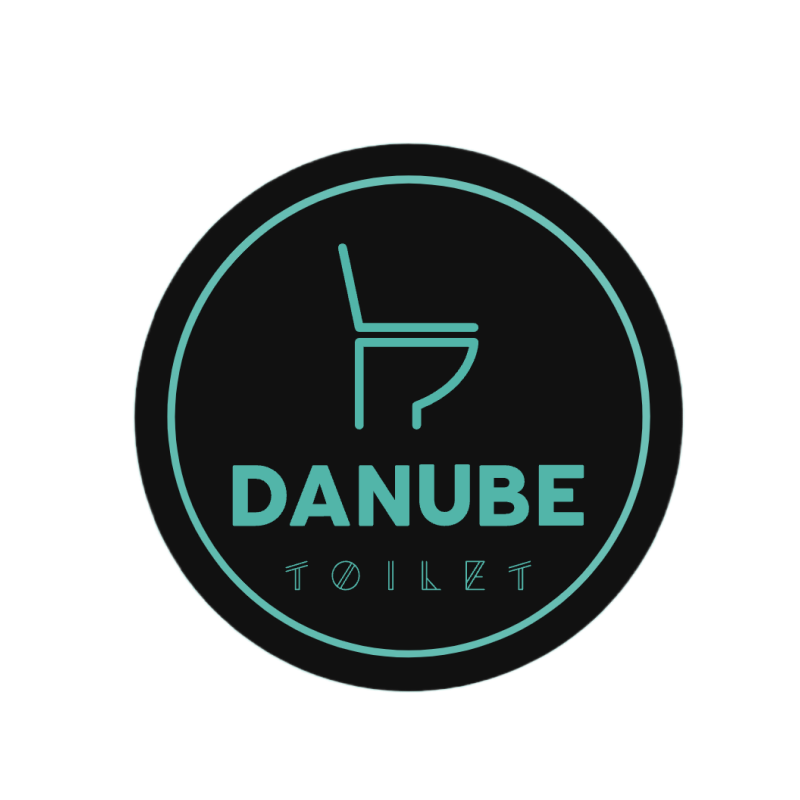The smart toilet is quickly becoming a staple in modern Australian homes, thanks to its innovative features that promote hygiene, comfort, and sustainability. However, installing a smart toilet in Australia comes with unique considerations. This guide will provide a comprehensive overview of smart toilets, installation tips, necessary accessories, and specific Australian requirements.
1. What Is a Smart Toilet?
A smart toilet is an advanced toilet system equipped with high-tech features like bidet functionality, self-cleaning capabilities, heated seats, and app-controlled settings. Popular brands like TOTO, Kohler, and Grohe offer a range of models tailored to various user preferences.
Common Features of Smart Toilets:
- Bidet Functions: Adjustable water pressure and temperature.
- Self-Cleaning: UV sanitization and automated flushing.
- Comfort Features: Heated seats, deodorization, and nightlights.
- Eco-Friendly Options: Water-saving flush modes and energy-efficient designs.
2. Key Considerations for Smart Toilet Installation in Australia
a. Electrical Compliance
Australia has strict regulations regarding electrical installations. Since smart toilets require a power supply, ensure compliance with Australian standards (AS/NZS 3000). A licensed electrician must install the power outlet to avoid safety hazards.
b. Water Efficiency Standards (WELS Rating)
All toilets sold in Australia must meet the Water Efficiency Labelling and Standards (WELS) requirements. Check the WELS rating of your smart toilet to ensure it meets local water conservation standards.

c. Plumbing Compatibility
Australian homes typically use standard plumbing setups. However, some smart toilets require specific fittings or adapters for bidet water lines and flushing mechanisms. Verify compatibility with Australian plumbing codes (AS/NZS 3500).
3. Installation Guide for Smart Toilets in Australia
Step 1: Pre-Installation Checks
- Power Supply: Ensure a GFCI-protected power outlet is near the toilet location.

- Water Supply: Confirm a dedicated water inlet for the bidet function.
- Space Requirements: Measure the space to accommodate the smart toilet’s dimensions.
Step 2: Professional Assistance
Hiring a licensed plumber and electrician is mandatory for compliance and safety.
Step 3: Setting Up Accessories
Install additional features like a remote control mount or app integration following the manufacturer’s instructions.
4. Must-Have Accessories for Smart Toilets in Australia
To enhance the smart toilet experience, consider the following accessories:
| Accessory | Purpose | Recommended Options |
|---|---|---|
| Bidet Spray Nozzle | For manual cleaning support | TOTO Washlet Nozzle |
| Deodorizer Refills | Keeps the toilet area fresh | Kohler Carbon Filters |
| Backup Battery System | Ensures functionality during power outages | Generic Lithium Battery Pack |
| Smart Toilet Cleaner | Maintains hygiene and longevity | Ecover Toilet Bowl Cleaner |
5. Australian-Specific Tips for Smart Toilet Maintenance
a. Hard Water Challenges
In regions with hard water, mineral buildup can affect the bidet nozzle and flushing system. Use a water softener or clean nozzles regularly with descaling agents.
b. Heat Tolerance
Australia’s hot climate can impact plastic components. Choose models with high-quality, heat-resistant materials.
c. Energy Efficiency
Smart toilets with energy-saving modes are ideal for reducing electricity consumption in Australia’s warmer months.
6. Comparing Top Smart Toilet Brands in Australia
The Australian market offers a variety of smart toilet brands. Here’s a comparison of three popular options:
| Brand | Key Features | Price Range | WELS Rating |
|---|---|---|---|
| TOTO | Advanced bidet settings, UV sanitization | $2,500–$4,500 | 4.5 stars |
| Kohler | Dual-flush technology, sleek design | $2,000–$4,000 | 4 stars |
| Caroma | Australian-made, tailored to local regulations | $1,800–$3,500 | 5 stars |
7. Common Mistakes to Avoid
- DIY Installation: Always hire licensed professionals for electrical and plumbing work.
- Ignoring WELS Ratings: Low ratings may lead to legal and environmental issues.
- Skipping Maintenance: Regular cleaning prevents mineral buildup and prolongs lifespan.
8. Smart Toilets and Australian Sustainability Goals
Australia’s commitment to sustainability makes smart toilets a perfect addition to eco-conscious homes. Look for features like:
- Low-Flow Flush Systems: Reduces water usage.
- Energy-Saving Modes: Minimizes electricity consumption.
Smart Toilet Installation
9. Frequently Asked Questions (FAQs)
Q1: Can smart toilets be installed in older homes?
Yes, but you may need plumbing and electrical upgrades to meet modern requirements.
Q2: Are smart toilets worth the investment in Australia?
Absolutely. Their water-saving and hygiene-enhancing features align with Australian preferences.
Q3: How long do smart toilets last?
With proper maintenance, smart toilets can last 10–15 years.
Conclusion
Smart toilets are a game-changing upgrade for Australian homes. By considering local regulations, installation requirements, and maintenance needs, you can enjoy a seamless and luxurious experience. Whether you’re renovating or building new, a smart toilet is an investment in comfort, hygiene, and sustainability.
If you’re ready to take your planter business to the next level, reach out to DANUBE TOILET today for consultation and bulk order opportunities.
